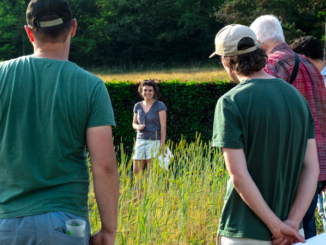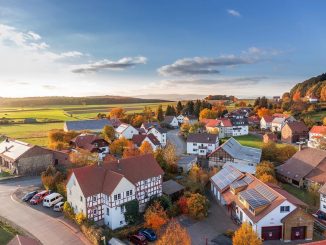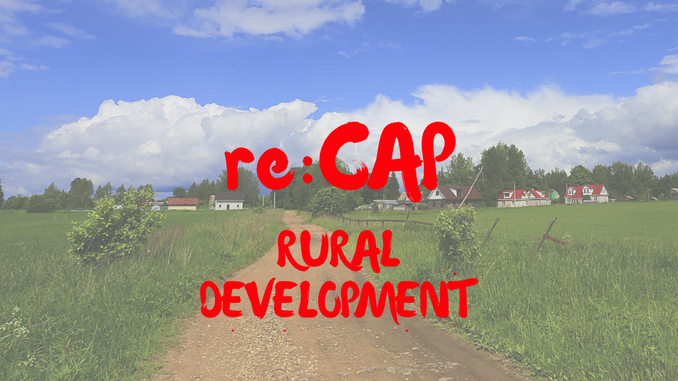
This week, we return to our NGO representatives Christian Rehmer (BUND, Friends of the Earth Germany), Aurélie Catallo (Pour Une Autre PAC), Ulrich Jaspers, AbL and Die Verbände-Plattform and Ariel Brunner and Harriet Bradley (BirdLife) to talk risks and the rural world. What do the most effective rural development policies look like? What role might risk management play in that?
Question: Should rural development remain as a policy separate from farm support policy? Should Pillar II remain a specific support for rural economies and initiatives like LEADER? What alternatives do you propose?
Rehmer, BUND:
BUND wants a bigger reform of the CAP and the ending of the existing Pillars. We want the direct payments getting lower step-by-step and raising new budgets for climate, environment, animal welfare, soil and water protection… These budgets have to stimulate the participation of the willing farmers, not just compensating the not-reached profits.
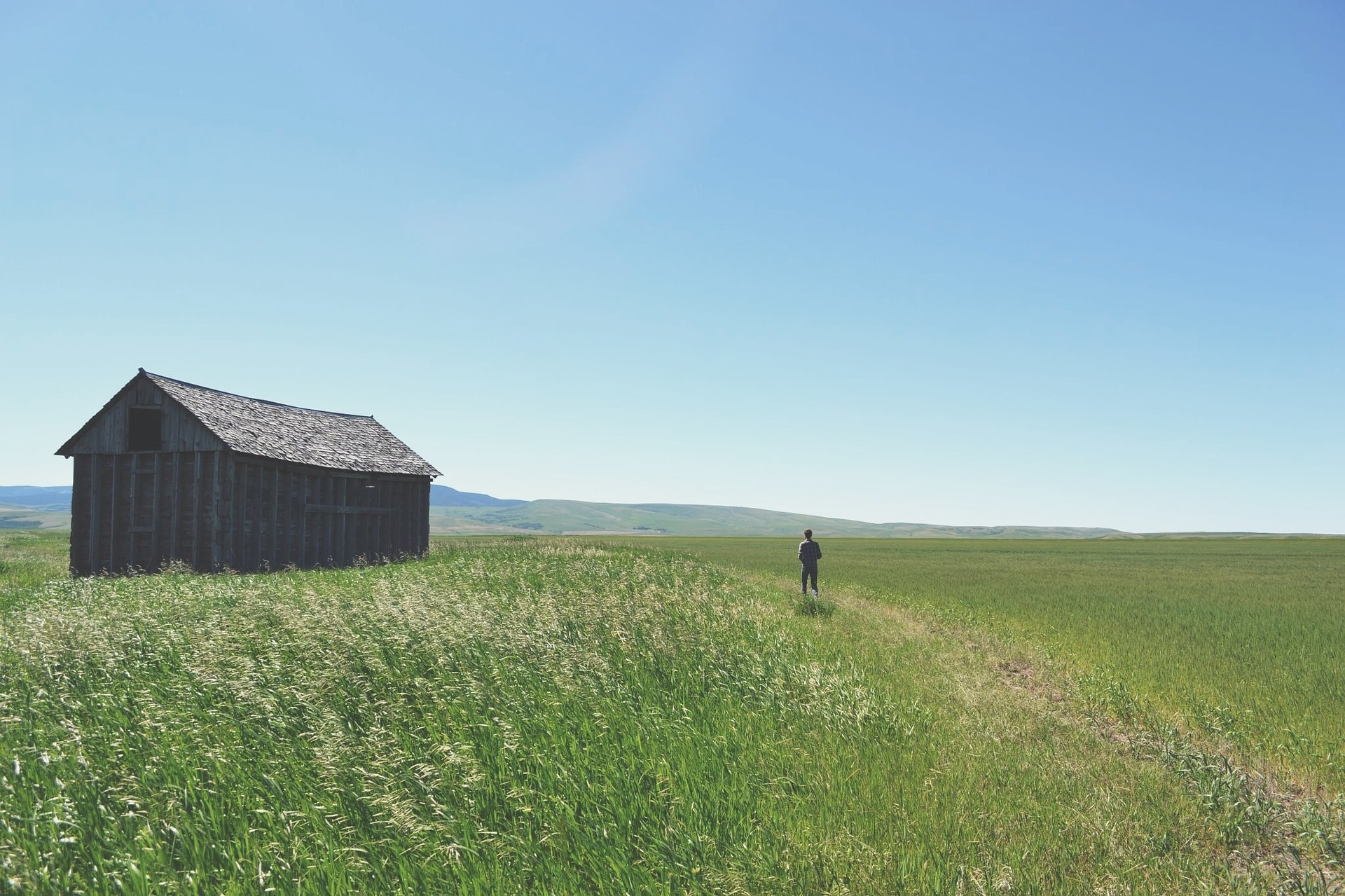
Catallo, Pour Une Autre PAC:
- A realistic approach, considering political discussions on the post-2020 reform, does not allow a reconsideration of the CAP’s two-pillar structure for the 2021-2027 period.
- Pillar II should be targeted at stakes needing answers defined locally as well as on contractual multi-annual measures.
- Contractual multi-annual measures (conversion to organic farming and measures for the transition towards agroecology) must be financed by a budget transfer from Pillar I to Pillar II.
- Pillar II should keep including: support for areas facing natural constraints, LEADER and local agri-environment and climate measures (including Natura 2000)
- Investment subsidies should be transformed into diversification and empowerment subsidies
- Pillar II should also include territorial food projects
Jaspers, AbL and die Verbände-Plattform:
No, we are not in favour of separating the second pillar from specific support for farms. If there were to be no link with agriculture, many innovative farms would be at risk and many special services for nature conservation, animal welfare, food diversity and food quality would no longer be provided. We can only warn against this!
However, we believe that cooperative approaches such as LEADER are important and should be strengthened.
Jaspers: ‘the association platform is not in favour of separating the second pillar from specific support for farms.’
Brunner and Bradley, BirdLife:
Pillar I does not serve any meaningful purpose. In any case, with “new governance,” the difference between the pillars basically disappears. The questions are what you pay for, who gets the money and under what conditions.
Question: Does your organisation support risk management tools as part of rural development measures?
Rehmer, BUND:
The best risk management is a resilient, stable and diverse farming system (e.g. on organic farms). We don´t support any risk management tools like those mentioned in the COM Leak of the proposals.
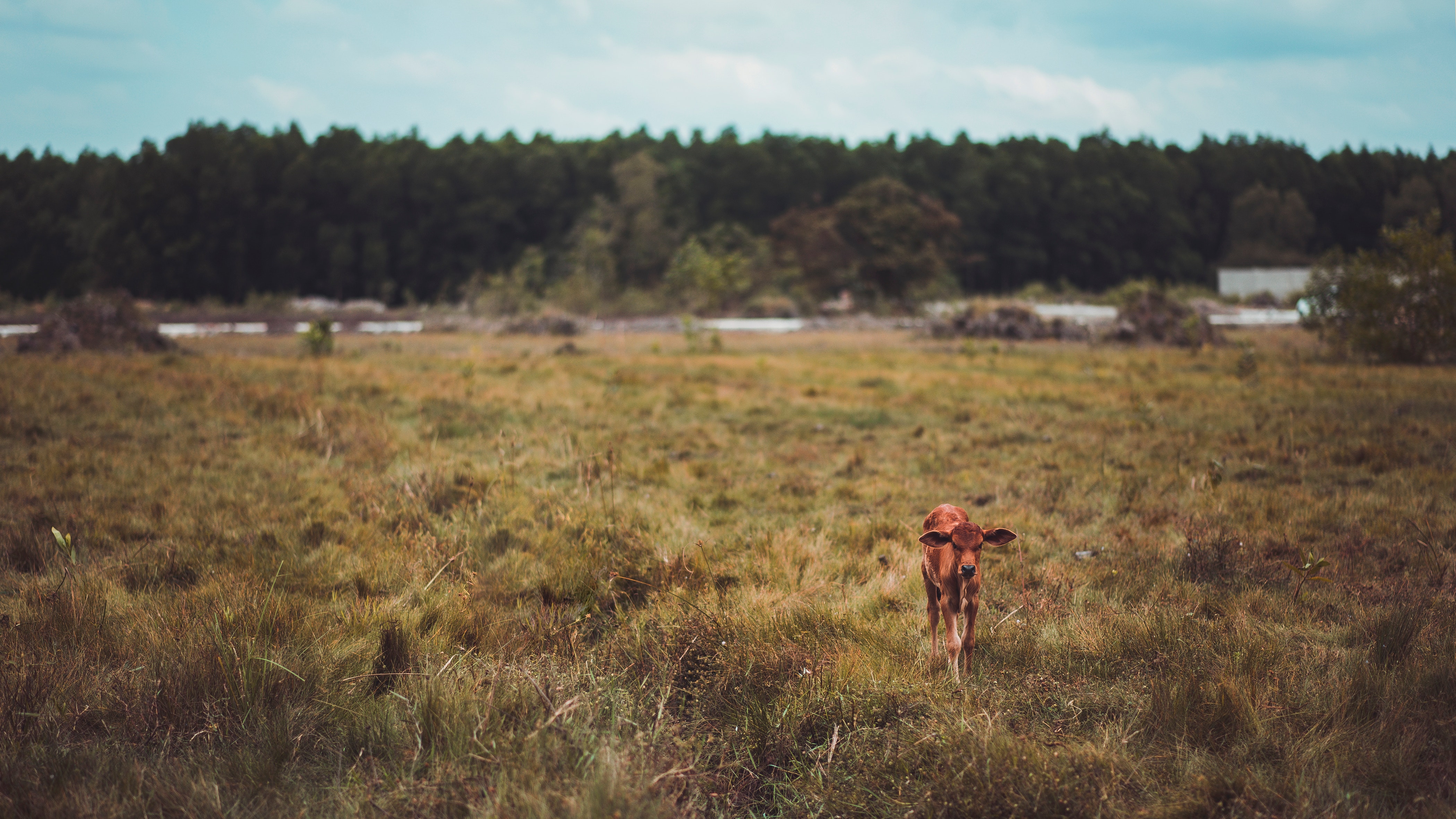
Catallo, Pour Une Autre PAC:
- We oppose the CAP’s budget financing private insurance schemes (especially within Pillar II). No part of the CAP’s budget should be captured by risk management tools.
- Within Pillar II, risk prevention: investment subsidies should be transformed into diversification and empowerment subsidies, exclusively targeted at a preventive and indirect risk management, that values despecialization.
- In the CMO (common market organization), anticipation and crisis management:
- The European crisis reserve should be revised: there should be a common crisis definition, allowing the crisis reserve to truly activated. Its budget should be multi-annual.
- Overproduction management: assistance for provisory storage of stocks; incentives for limitation of production; taxes on farmers increasing their production
- mutual funds managed by the EU and co-financed by all food chain actors
Jaspers, AbL and die Verbände-Plattform:
From the March 2018 statement of the Association Platform on the Commission Communication:
“In its communication, the EU Commission states that it intends to provide greater support for various instruments of individual company risk management. This extends to greater financial support for income stabilisation measures (currently in the second pillar) and the promotion of mutual funds for insurance against loss of earnings.
The associations consider state support for such measures to be counterproductive. These instruments are not aimed at avoiding risks, but rather at mitigating or making the financial impact of risks for the participating companies more calculable. However, the associations see the CAP’s primary task as minimising the risks themselves.
Rather, instruments to avoid risks associated with climate change, loss of biodiversity, failure to take account of changing demand trends (e.g. with regard to animal welfare and environmental protection) and increasing price fluctuations due to an increasing export orientation of our agriculture and food industry should be strengthened.
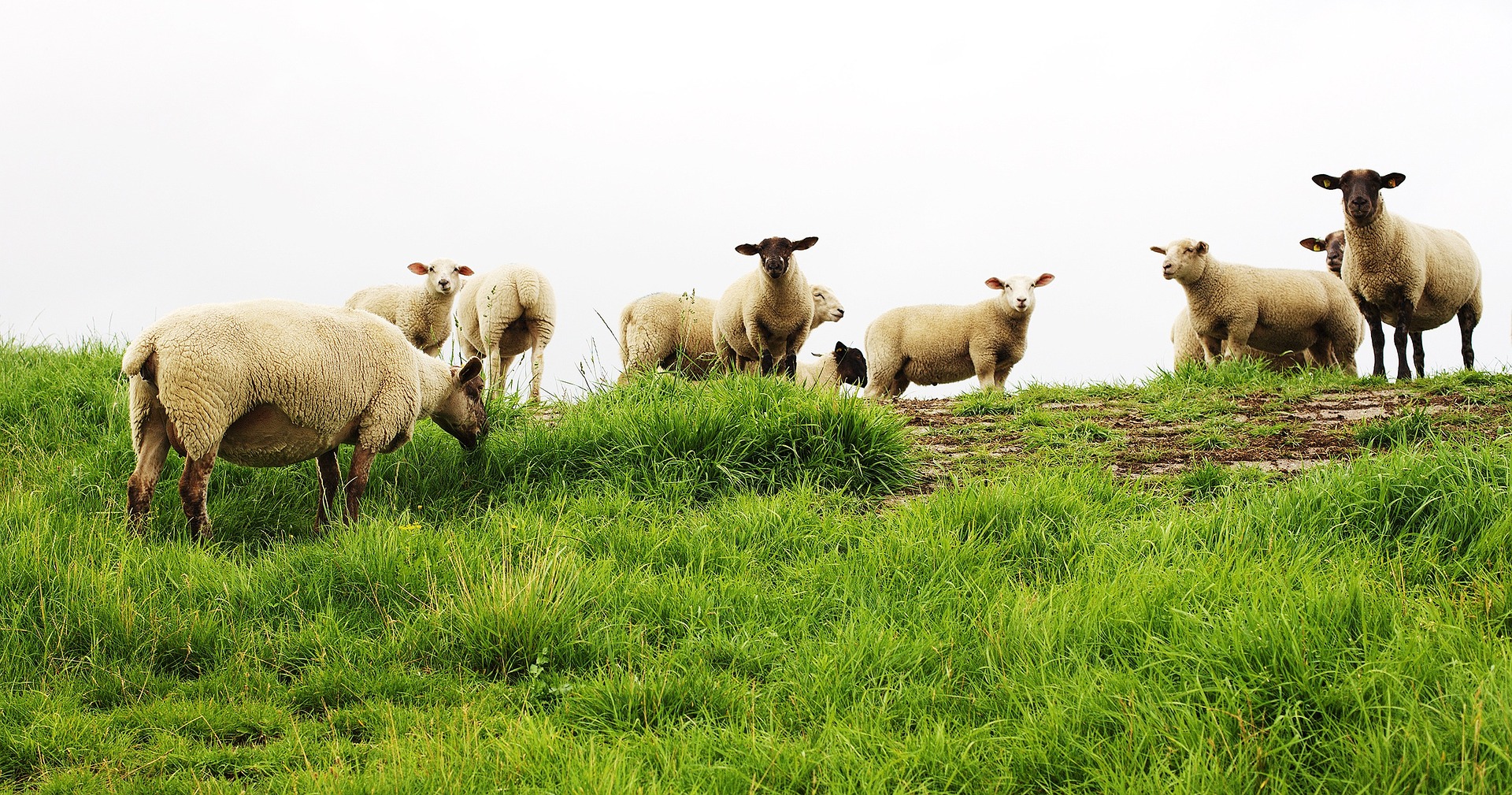
Brunner and Bradley, BirdLife:
Coupling is always a bad idea. There is little evidence that paying young farmers helps generational renewal. We are not against it, but it is likely to be inefficient. Generational renewal would require that we first get rid of direct payment entitlements which inflate land prices and are a main obstacle to people entering farming, then tailored investment packages. In any case we would need environmental safeguards – why do we need more “young factory farms”?
re:CAP | A Series of Specific EU Farm, Food and Rural Policy Questions
re:CAP | Subsidiarity – Savvy Decision-Making or Member State Carte Blanche?



